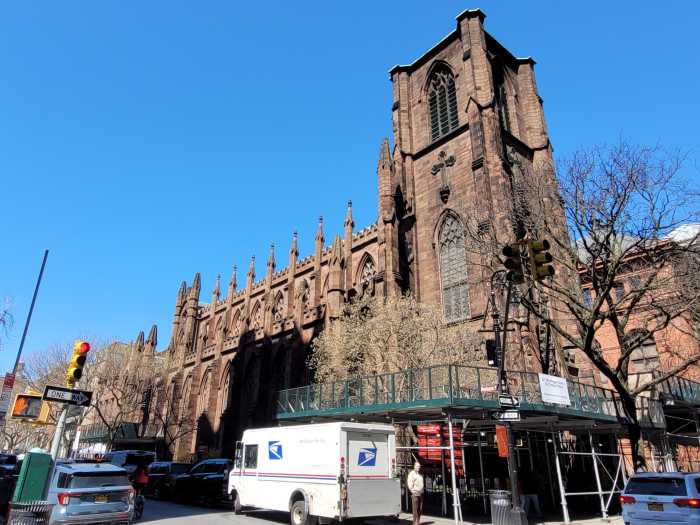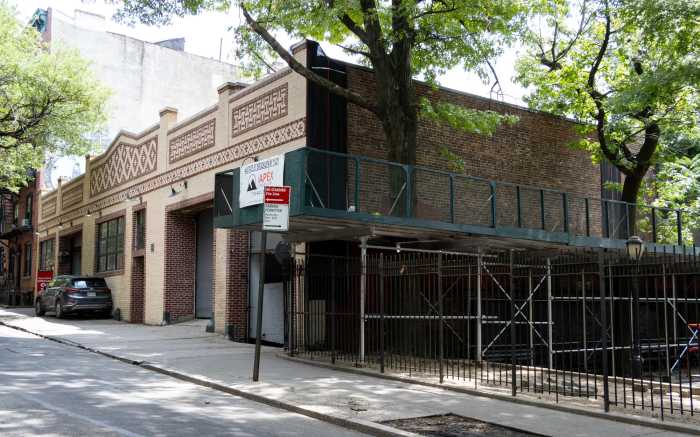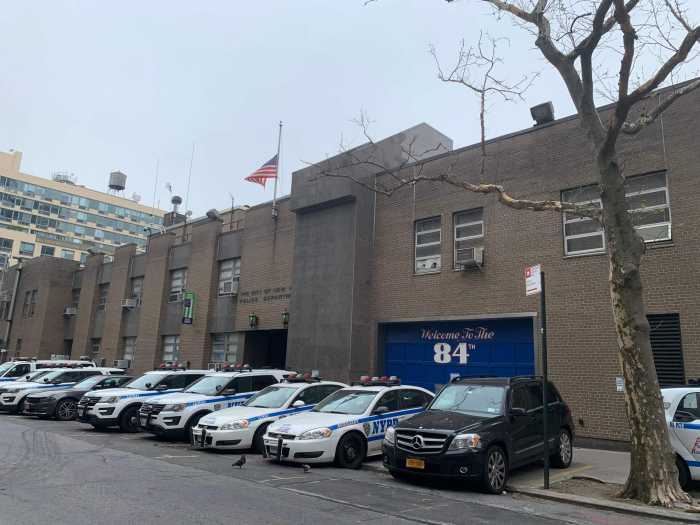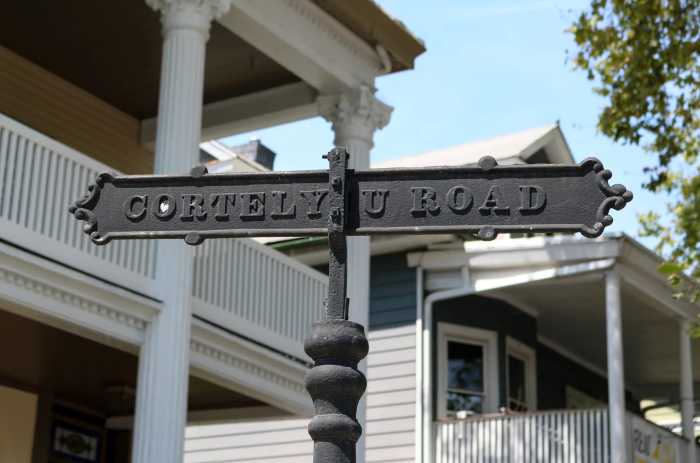Borough President Marty Markowitz last week said he supported the reopening of the Brooklyn House of Detention at its current capacity.
Markowitz’s comments came as the state Supreme Court heard arguments from local elected officials and several community organizations that want an injunction against expanding or reopening the jail, 275 Atlantic Avenue.
The matter was brought to court after Department of Correction (DOC) officials reopened the 749-bed facility to about 30 inmates from Rikers Island and announced plans to expand it another 720 beds to ease over crowding at Rikers.
Additionally, the DOC has argued the Brooklyn House of Detention has an underground tunnel linked to the criminal courthouse and will ultimately save the city money in transportation costs if they put $440 million into expanding the site.
DOC officials also say that housing Brooklyn detainees closer to their families and attorneys is better for rehabilitation and justice.
Markowitz said it is his understanding that the DOC is within its right to reopen the jail, but he vehemently opposes expanding it.
However, Markowitz also said he believes the borough should do its fair share when it comes to providing services.
“It is thus our obligation to deal with those who are awaiting trial, a good number of whom are from Brooklyn and whose families have a right to see them,” said Markowitz.
“The fact is, even if the reopened facility houses 759 inmates, Brooklyn would still be well below its fair share burden of the approximately 3,000-plus (Brooklyn) detainees housed by DOC facilities daily.
“There are also efficiencies to the operation of our court system by having detainees near these facilities. In addition, I feel strongly that Brooklyn families have a right to expect reasonable commuting to visit detained relatives as opposed to the extreme burden of traveling to Rikers Island,” he said.
Opponents of reopening or expanding the jail held their own rally outside the courthouse, saying among other things, the city corrections policy should focus on rehabilitation and not incarceration.
“At a moment of financial crisis, this city is purposely leaving the public out of a decision to build a jail we don’t need at a time that we can’t afford it,” said City Comptroller William Thompson.
“We are confident the courts will recognize this unacceptable breach of the public trust, and move to prevent this $440 million boondoggle from moving forward.”
City Council member David Yassky said that every step of the way, the project has been hidden from public review, while real questions remain about the city’s ability to afford it.
In court documents the city submitted several letters to officials dating back to a letter that DOC Commissioner Martin Horn sent to Yassky on June 8, 2004 explaining their plans.
City attorneys also argued that they have a right to reopen the facility under its current use and will do all legal environmental reviews once official design plans are drawn up for the expansion.
“We had a full and fair opportunity present our case today, and we are confident that the judge will carefully consider the issues raised by the parties,” said Chris King, the city’s lead attorney on the case.
A ruling on the case is not expected for several weeks.























